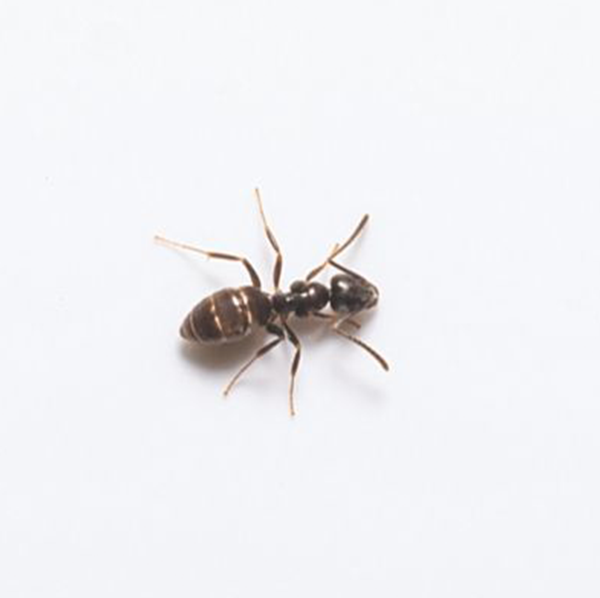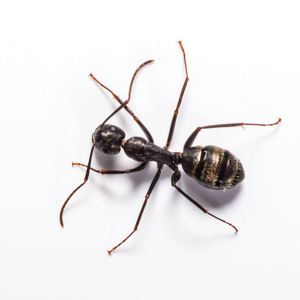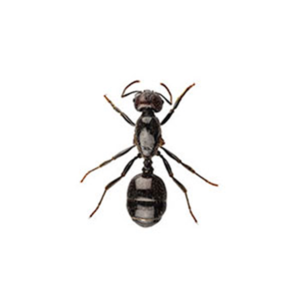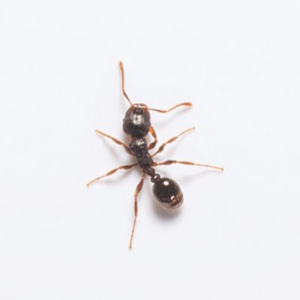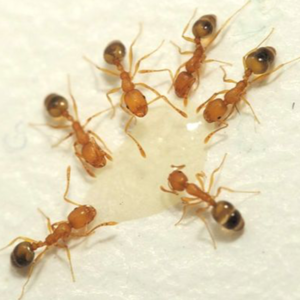Odorous House Ants in Salina
Odorous house ants get their name from the rotten, coconut-like odor they emit when crushed. These ants are not aggressive, and actually cooperate with other ants, which allows them to dominate areas they invade. Also known as sugar ants, odorous house ants prefer to nest outdoors and feed on honeydew secreted by aphids and mealybugs. But when there’s rainy weather, the honeydew might be washed away, so they’re more likely to come inside homes to look for food.
Odorous House Ant Habitat
Odorous house ants move nests frequently and can survive in a variety of environments. In selecting a site, the odorous house ant will construct a nest in shallow soil beneath an object like a board or stone. Lumber, firewood, bricks, rocks, and cardboard are also favored nesting sites. Indoors, odorous house ants prefer areas near moisture—wall voids near water pipes, heaters, leaking fixtures, and damaged wood are all ideal habitats for them. When they venture out to find resources, they can often be found in kitchens and food prep areas.
Odorous House Ant Behaviors, Threats, or Dangers
Odorous house ants actually prefer to be outdoors, but will forage into homes to find food, especially during rainy weather. As they search for food indoors, they establish trails. Ant workers and scouts leave invisible scent trails from the discovered food source back to their nest, allowing hundreds of workers to find their way back. Odorous house ants do not bite or sting but will easily contaminate human food supplies.
If an odorous house ant infestation is suspected, we recommend contacting a professional ant exterminator.

